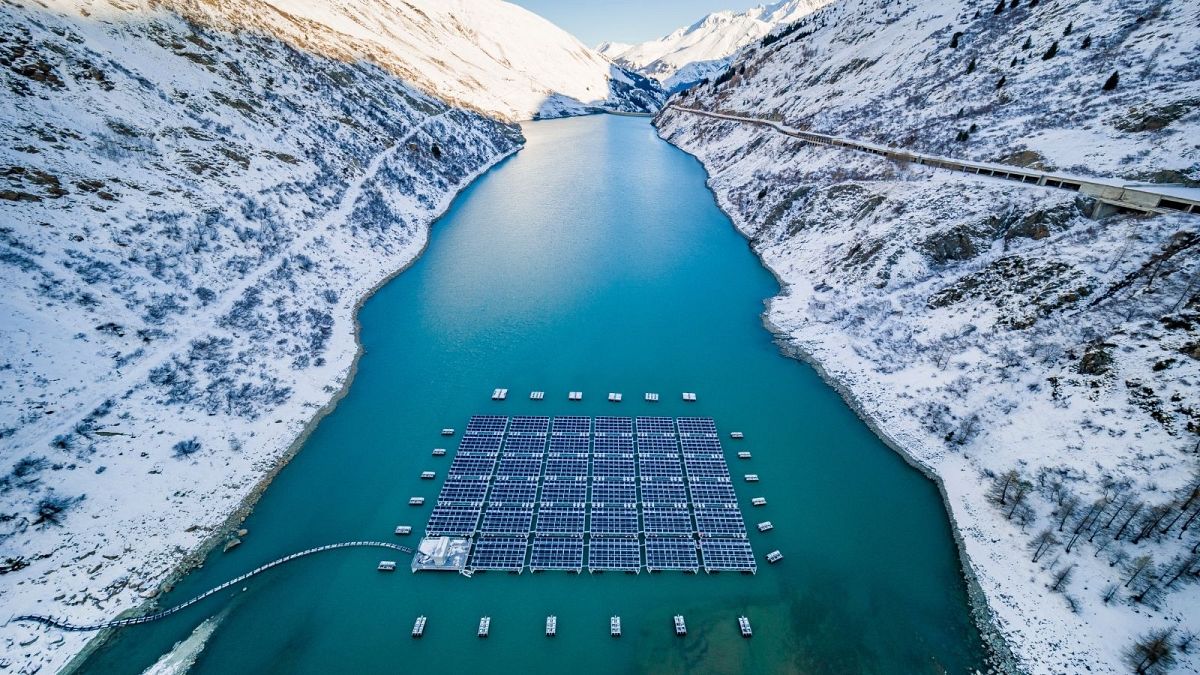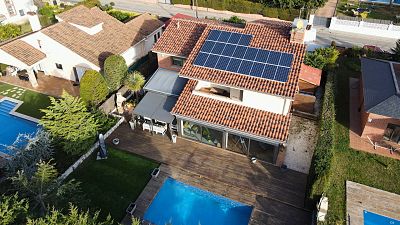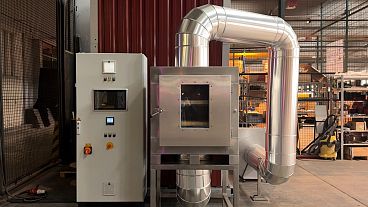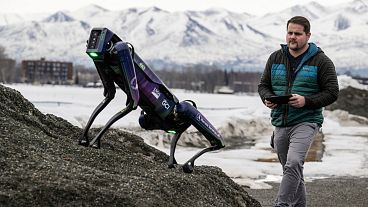This high-altitude solar power plant sits in a stunning location, floating on a lake in between the Swiss Alps.
This reservoir doubles as a floating solar power plant, smack back in the middle of the Swiss Alps.
Not only does the high-altitude project boast some stunning views, it won the prestigious Swiss Watt d’Or prize, as the best in renewable energy innovation 2020.
The power plant is located on the Lac des Toules reservoir in Valais, Switzerland, at an altitude of 1,800 metres above sea level.
This lake already serves as a hydropower station but is now harvesting additional solar power. High up in the Swiss mountains, the atmosphere is rarer, solar radiation stronger, and in winter the snow can reflect the sunlight.
Romande Energie is the company behind the project. According to the founders, the unique alpine conditions are what allow the solar panels to act so efficiently. They can harvest 50 per cent more power than similar floating solar plants in lower altitude.
"The pilot project has more or less 800-megawatt hour production per year, which represents 225 households needs," project leader Guillaume Fuchs tells Euronews Green. The station is built up of 36 floating barges, featuring more than 2,000 square metres of solar cells.
Are high-altitude floating solar power plants the future?
They certainly have potential. However, the pilot project needs to first prove it is feasible over a trial period of two years. The development and implementation together cost over €2.2 million. In total, this process took six years and ten months get the floating panels up and running in alpine conditions.
The two Swiss companies involved, Romande Energie and ABB Schweiz, finalised the work in December 2019.
"Our plan is first to extend this project on the lake of Toules, but also to duplicate this kind of technology on another lake," says Fuchs.



